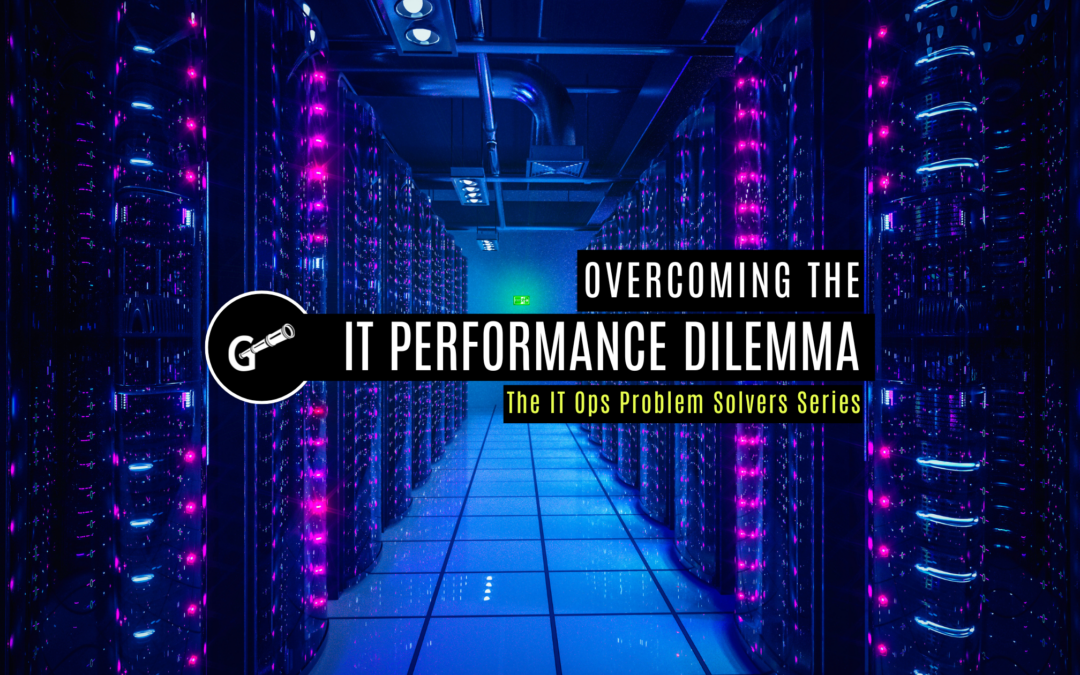IT business storage requirements today must adhere to a labyrinth of confusing and contradictory government- and industry-decreed regulations. Increasingly, every bit and byte of data has to be categorized and stored to protect a business from any number of “what if” scenarios.
More than simply saving data, businesses also have to build redundancy into their storage solutions so there are secondary and tertiary data backups both at on-site and remote facilities.
Even though electronic data storage has become far less expensive than just a decade ago, all of these established and emerging data storage requirements require businesses to make complex choices regarding their IT storage infrastructure.
Companies must now make decisions in terms of “Tiered storage,” meaning their storage solutions have to be categorized in terms of business importance, functionality and, of course, overall expense.
Generally, IT data storage is divided into five tiers of varying degrees of importance. The most important tier, Tier 0, includes the most immediate-critical data that must be accessed quickly and efficiently by high performance applications. Often referred to as “transactional data,” this information can include point-of-sale data, financial transactions, manufacturing data and anything else that’s crucial to seamless, day-to-day customer interactions. Tier 0 data solutions are understandably more expensive, because they’re optimized for reliability and speed. Solid state and flash drives make up the backbone of most Tier 0 storage solutions.
The next storage tier, Tier 1, is storage that’s responsible for mission-critical data that’s necessary to keep a company up and running 24 hours a day. This can include internal business information, payroll processing and similar operations. Tier 1 storage solutions are usually maintained in-house in the form of storage area networks (SANs) consisting of hard disk drives.
Tiered storage advances down accordingly, until it reaches Tier 4, which is responsible for the least important data, but is nevertheless data that must be stored for recording purposes. Such data can include e-mail, text messages and other ephemeral information that’s rarely accessed but can be useful for data mining purposes. Such information can be stored on tape solutions or it can be outsourced to cloud storage offerings.
Galileo Performance Explorer is a premier IT service provider specializing in support for business servers, storage solutions and a variety of operating systems including Linux, IBM AIX and Windows. Our, in particular, Galileo can improve server and storage utilization and performance by identifying data that may be best served by moving it to different storage tiers.
If you would like to take a deeper dive into Tier 0, download a free copy of my new whitepaper here.



